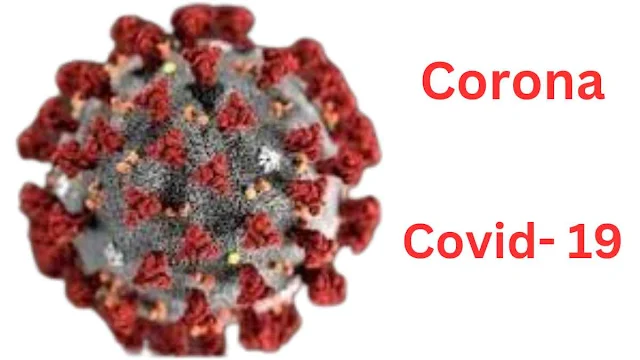As COVID-19 cases increase, the WHO requests that nations bolster their monitoring
 |
| As COVID-19 cases increase, the WHO requests that nations bolster their monitoring |
JN.1 has rapidly spread around the world, prompting WHO to classify it as an interesting variety. JN.1 has been detected in a number of nations in recent weeks, and its worldwide spread is accelerating.
JN.1 has been detected in a number of nations in recent weeks, and its worldwide spread is accelerating.
South-East Asian nations have been encouraged by the World Health Organization (WHO) to step up monitoring due to an increase in respiratory illness infections, which include influenza and COVID-19 and its novel sub-variant JN.1. WHO also advised individuals to adopt preventative measures.
The COVID-19 virus is continually changing, evolving, and spreading around the world. Even while the available data indicates that the increased danger to public health that JN.1 poses is minimal, we still need to monitor these viruses' development in order to maximize our reaction. The WHO South-East Asia Regional Director, Dr. Poonam Khetrapal Singh, said that "countries will need to strengthen surveillance and sequencing and ensure data sharing" in order to achieve this.
JN.1 has rapidly spread around the world, prompting WHO to classify it as an interesting variety. JN.1 has been detected in a number of nations in recent weeks, and its worldwide spread is accelerating. According to Singh, the increased public health danger that JN.1 poses is presently underestimated internationally given the little information that is now available.
This variation has been hypothesized to contribute to an increase in COVID-19 instances in conjunction with the development of other bacterial and viral diseases, particularly in nations that are starting their winter season. Dr. Khetrapal Singh said, "People spend a lot of time indoors during the holiday season celebrating and traveling, which encourages the transmission of viruses that cause respiratory diseases." ", so they should take protective measures and seek timely clinical care if they become unwell." ,
Additionally, the regional director emphasized the need of influenza and COVID-19 immunization, particularly for those who are at high risk. "All COVID-19 vaccines approved by WHO will continue to protect against serious illness and death from all variants, including JN.1," he said.
The World Health Organization (WHO) declared in May that COVID-19 is no longer a public health emergency of worldwide concern due to a continuous drop in COVID-19 cases, hospitalizations, and fatalities as well as significant levels of community immunity to SARS-CoV2.
A worldwide mechanism to identify and quickly evaluate the dangers presented by SARS-CoV2 has been established and strengthened with great success, but testing and reporting of COVID-19 cases have lagged.
The regional director said that in order to successfully manage respiratory illnesses and safeguard public health, governments should bolster monitoring, sequencing, and reporting since COVID-19 is still spreading widely around the world.

No comments:
Post a Comment